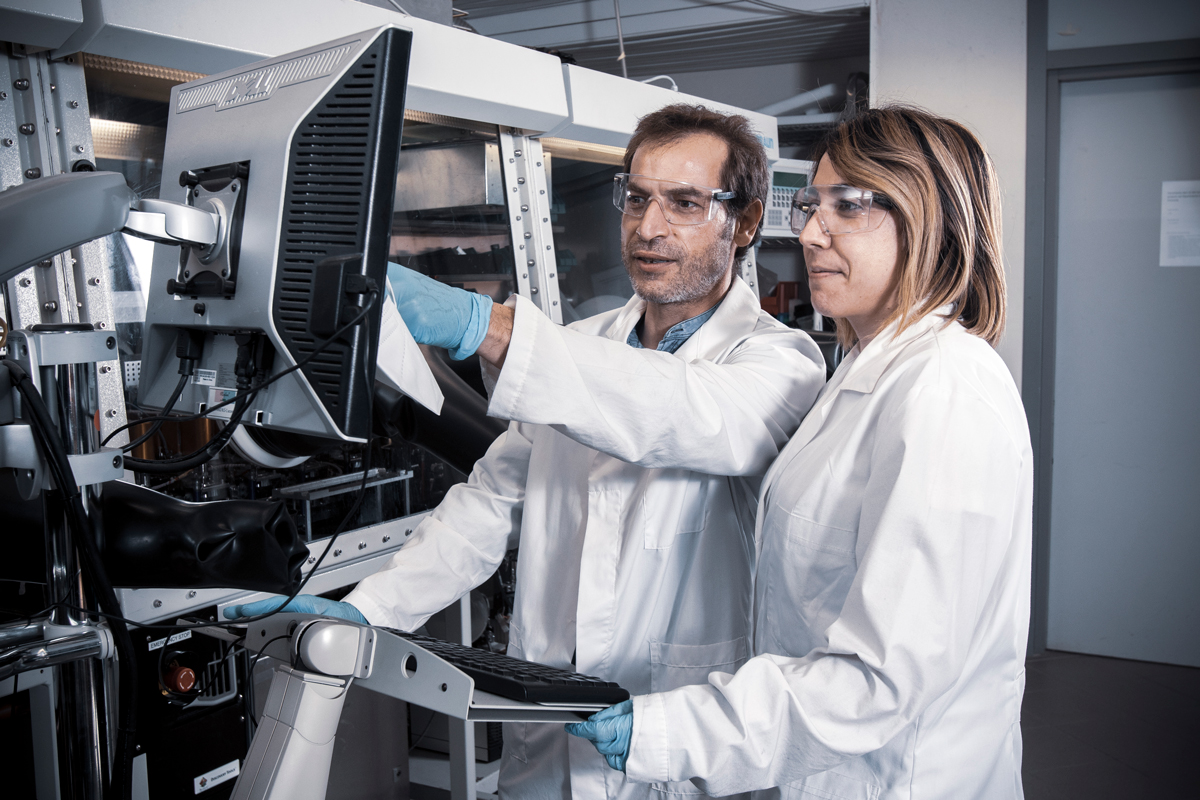

At Xplore, our High Throughput Screening (HTS) services are meticulously designed to streamline the development process of olefin polymerization catalysts, making it an indispensable resource for the rapidly evolving polymer research and development industry. Our HTS workflow is comprehensive, encompassing a range of applications specifically tailored to boost innovation in catalyst and polymer development:
- Catalyst Lead Finding: Conducted with precision under both fixed and variable conditions.
- Performance Evaluation: Provides a thorough analysis of key catalyst parameters, such as catalytic activity, comonomer affinity, hydrogen sensitivity and so on.
- Kinetic Analysis and Process Optimization: Employs real-time online monomer conversion curves and optimizes crucial process parameters such as temperature, pressure, and activation conditions to influence catalyst or polymer properties.
- Feasibility and Scaling: Initiating projects with technical feasibility tests and optimal downscaling of polymerization recipes from larger scales to HTS scale.
- Experimental Design: Translating complex experimental plans into structured, executable Design of Experiments (DoE).
- DoE Execution and Polymer Analysis: Managing the meticulous execution of experiments alongside thorough polymer analysis.
- Data Interpretation and Reporting: Leveraging our extensive experience in HTS for polyolefin catalysis, we assist our clients in interpreting complex data and identifying significant trends. Our goal is to help them draw clear, well-founded conclusions. We conclude this process by delivering detailed and comprehensive presentations and reports.
This combination of targeted testing and detailed analytical processes ensures that our clients can effectively shorten their time-to-market for their catalyst and polymer products, thereby enhancing their competitive edge in the market. Through our HTS services, Xplore commits to delivering high-quality, reproducible results that drive the polymer and catalyst industry forward.

